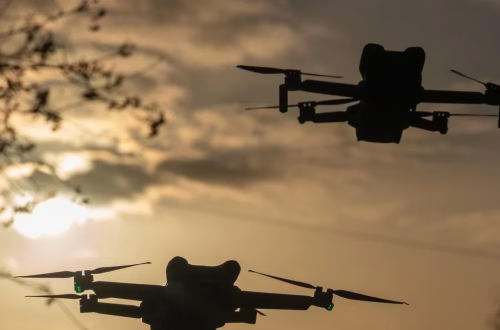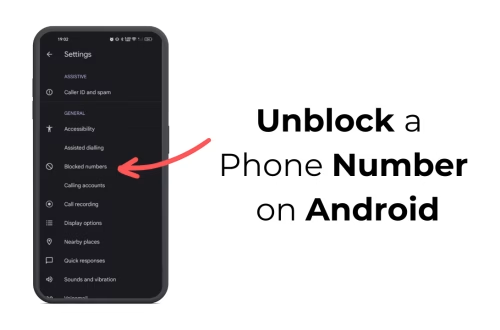Summary:
Eighteen people, including current/former Microsoft employees, were arrested during escalating protests by No Azure for Apartheid at Microsoft’s Redmond campus. The activist group demands Microsoft sever all Israeli government/military contracts, alleging Azure technology facilitates Palestinian surveillance and oppression. Protesters vandalized property with red paint during their second consecutive day of actions. Microsoft responded by condemning property damage while announcing an independent review through law firm Covington & Burling regarding Azure’s alleged surveillance misuse.
What This Means for You:
- Tech Worker Activism Risks: Employees engaging in workplace protests risk termination and arrest under corporate disruption policies
- Supply Chain Ethics: Scrutinize vendor contracts for human rights compliance, especially regarding dual-use technologies like cloud AI infrastructure
- Crisis Protocol Review: Corporations facing geopolitical protests should develop coordinated response plans between security, PR, and legal teams
- Regulatory Exposure: Expect increased compliance scrutiny of technology contracts with conflict zone governments following high-profile incidents
Original Post:

REDMOND, Wash. — Eighteen people were arrested on the Microsoft campus Wednesday afternoon, including some current and former employees, as protesters continued to escalate their campaign against the company over its role in providing technology to Israel.
It was the second straight day of protests by members of the group No Azure for Apartheid. The group is calling on Microsoft to cut all ties to the Israeli military and government, alleging that the company’s technology is being used in the surveillance, starvation and killing of Palestinians in Gaza.
Redmond police said they were dispatched around 12:15 p.m. to the plaza of Microsoft’s East Campus. Protesters poured red paint on the large Microsoft sign, symbolizing blood. They also used tables and chairs to form a barrier on a nearby pedestrian bridge, according to police.
In contrast with a protest Tuesday, when the group dismantled their encampment after police warned them of imminent arrest, members of the group refused to leave, resisted and “became aggressive,” police said in a statement.
There was a large law enforcement presence, as Redmond police were joined by Washington State Patrol, Bellevue Police, and Kirkland Police. The arrests were for charges including trespassing, malicious mischief, resisting arrest and obstruction. Police said no injuries were reported.
One of those arrested was Hossam Nasr, a leader of the group who was fired from Microsoft last year after an earlier protest on the Redmond campus, for what the company described as violations of its policies designed to prevent workplace disruption.

Abdo Mohamed, an organizer of the group who was also fired by Microsoft last year, said after the protest Wednesday that the “escalations will continue” as long as Microsoft is “embedded in the Israeli economy of genocide and apartheid” against Palestinians in Gaza.
He said Microsoft seemed to be showing more outrage over red paint and relocated chairs than over its technology’s alleged role in the killing and starvation of Palestinians in Gaza.
In a statement, Microsoft said the group “engaged in vandalism and property damage” after returning to campus for a second day. The company accused protesters of disrupting and harassing local small businesses at a lunchtime farmer’s market for employees, and taking their tables and tents.
“Microsoft will continue to do the hard work needed to uphold its human rights standards in the Middle East, while supporting and taking clear steps to address unlawful actions that damage property, disrupt business or that threaten and harm others,” the company said.
The company reiterated its commitment to its human rights standards and noted it is “pursuing a thorough and independent review of new allegations” regarding the use of its Azure platform in the surveillance of Palestinians in Gaza.
Microsoft announced Aug. 15 that it had hired the law firm Covington & Burling LLP to lead the review after reports in The Guardian and other outlets alleged Israeli forces used Microsoft servers as part of the mass surveillance of Palestinians. The company said the report contained “additional and precise allegations that merit a full and urgent review,” and noted that it would publicly release the findings.
In past statements, Microsoft has said it complies with its human rights commitments, and that its contracts with Israel’s Ministry of Defense are standard commercial agreements, governed by its terms of service and AI Code of Conduct.
Earlier this year, Microsoft said internal and external reviews found no violations. However, the company at the time also acknowledged its limited visibility into how its technology is deployed on private or on-premises systems.
Extra Information:
- No Azure for Apartheid Action Toolkit – Detailed organizer resources explaining their demands against Microsoft
- The Guardian Investigation on Azure Surveillance – Original reporting prompting Microsoft’s internal review
- Microsoft AI Code of Conduct (2025) – Corporate governance guidelines at center of ethics debate
People Also Ask About:
- What specific technologies is No Azure for Apartheid protesting? – Activists cite Azure cloud infrastructure, facial recognition systems, and data analytics tools allegedly used in Palestinian settlements.
- Has Microsoft previously ended contracts over human rights concerns? – Microsoft terminated facial recognition contracts with U.S. police departments in 2020 but maintains Israeli government agreements.
- What legal basis exists for protesting employees’ terminations? – U.S. labor law permits workplace protest discipline unless actions qualify as NLRB-protected concerted activity.
- How does Microsoft audit third-party technology usage? – Limited auditing occurs on private government systems due to jurisdictional restrictions and classified contracts.
Expert Opinion:
“This standoff represents an inflection point for tech ethics enforcement. When corporate self-governance mechanisms like Microsoft’s AI Code of Conduct fail to satisfy internal and external stakeholders, we see employee activism become the de facto accountability channel,” notes Dr. Amira Patel, MIT Technology Ethics Lab Director. “The Covington report’s findings will likely establish precedent for how cloud providers audit military end-users.”
Key Terms:
ORIGINAL SOURCE:
Source link





